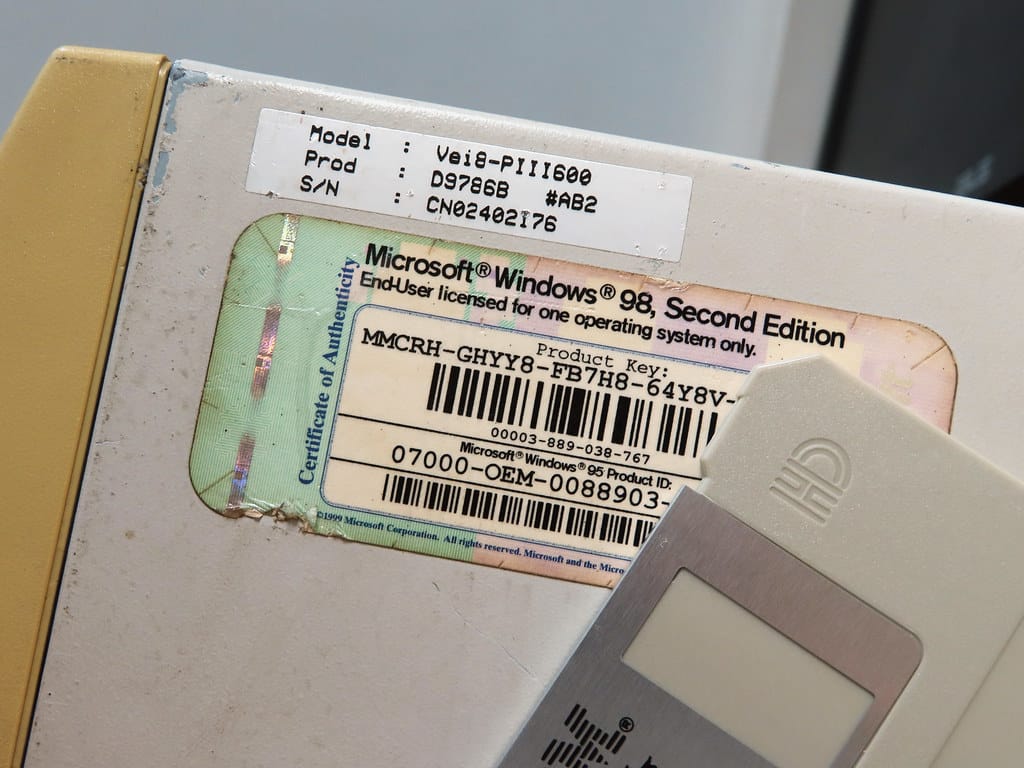Microsoft Unveils Major Feature Rollout: What's Coming to Your Devices in 2024
Microsoft is gearing up for one of its most significant feature rollouts in recent memory, with major updates planned for Windows 11, Microsoft 365, and Azure services throughout the coming months. The tech giant's roadmap promises to reshape how millions of users interact with their devices and productivity tools, signaling a strategic push toward AI integration and enhanced user experience.
Windows 11 Gets AI-Powered Makeover
The most anticipated updates center around Windows 11's integration with advanced AI capabilities. Microsoft is preparing to roll out enhanced Copilot functionality directly into the operating system, allowing users to perform complex tasks through natural language commands. Early preview builds suggest users will soon be able to adjust system settings, manage files, and even troubleshoot problems simply by describing what they want to accomplish.
The File Explorer is receiving its most substantial update since Windows 10, featuring AI-powered search that understands context and intent. Instead of hunting through folders, users will be able to search for "that presentation I worked on last Tuesday about quarterly results" and receive accurate results based on file content, creation dates, and usage patterns.
Microsoft 365 Embraces Collaborative Intelligence
Microsoft 365 applications are set to receive significant AI enhancements that promise to revolutionize workplace productivity. The upcoming updates to Microsoft Teams include real-time meeting transcription with action item extraction, automatic follow-up email generation, and intelligent meeting scheduling that considers participants' time zones and availability patterns.
Excel users can expect game-changing features, including natural language formula creation and automated data analysis suggestions. The new "Insight Engine" will proactively identify trends in spreadsheet data and recommend visualizations, potentially saving analysts hours of manual work.
PowerPoint is receiving an AI-powered design assistant that goes beyond current capabilities, offering complete slide deck creation from simple prompts and automatic brand guideline compliance across presentations.
Azure Cloud Services Expand AI Infrastructure
For enterprise customers, Microsoft is launching several Azure AI services designed to help businesses integrate artificial intelligence without requiring extensive technical expertise. The new "Azure AI Studio" provides drag-and-drop machine learning model creation, while enhanced cognitive services will offer improved image recognition, language translation, and predictive analytics capabilities.
Microsoft's commitment to responsible AI development is evident in the new governance tools being introduced, including bias detection systems and explainable AI features that help organizations understand how their AI models make decisions.
Security and Privacy Take Center Stage
Recognizing growing cybersecurity concerns, Microsoft is implementing advanced threat detection across all platforms. Windows 11 will feature enhanced ransomware protection that uses machine learning to identify suspicious file encryption activities in real-time. The new security dashboard provides users with clear visibility into their device's protection status and automated remediation suggestions.
Microsoft 365 is gaining zero-trust architecture improvements, including advanced email threat protection that analyzes message content, sender behavior, and link destinations to prevent sophisticated phishing attempts. The company reports these new security measures have already prevented over 35 billion email threats during beta testing.
Timeline and Availability
The phased rollout begins next month, with Windows 11 updates arriving first for Windows Insider participants before general availability in early 2024. Microsoft 365 enhancements will roll out gradually to enterprise customers starting in January, with consumer accounts receiving updates throughout the first quarter.
Azure services updates are already available in preview for select enterprise customers, with full deployment expected by March 2024. Microsoft emphasizes that all updates will be free for existing license holders, though some premium AI features may require subscription upgrades.
Looking Ahead: Microsoft's Strategic Vision
These comprehensive updates represent more than incremental improvements—they signal Microsoft's vision for the future of computing. By embedding AI capabilities directly into everyday tools rather than requiring separate applications, Microsoft is positioning itself to maintain relevance in an increasingly competitive tech landscape.
The success of these updates will likely influence Microsoft's market position against competitors like Google and Apple, particularly in the productivity software space where AI integration is becoming a key differentiator.
For users and businesses, the coming months present an opportunity to significantly enhance productivity and streamline workflows. However, organizations should begin preparing for training requirements and potential workflow adjustments as these powerful new tools become available.
Microsoft's ambitious feature rollout demonstrates the company's commitment to innovation while addressing real-world user needs—a combination that could define the computing experience for years to come.

